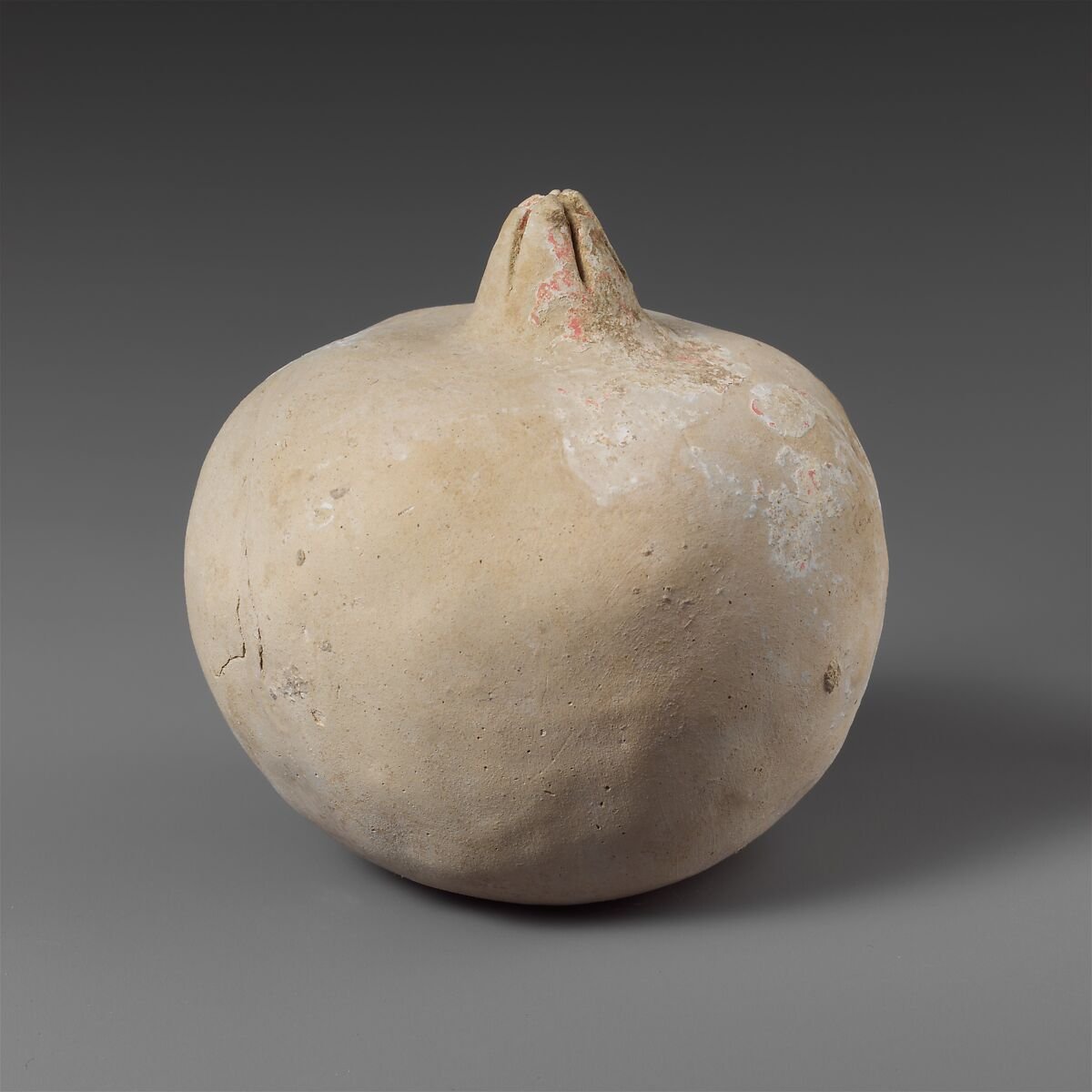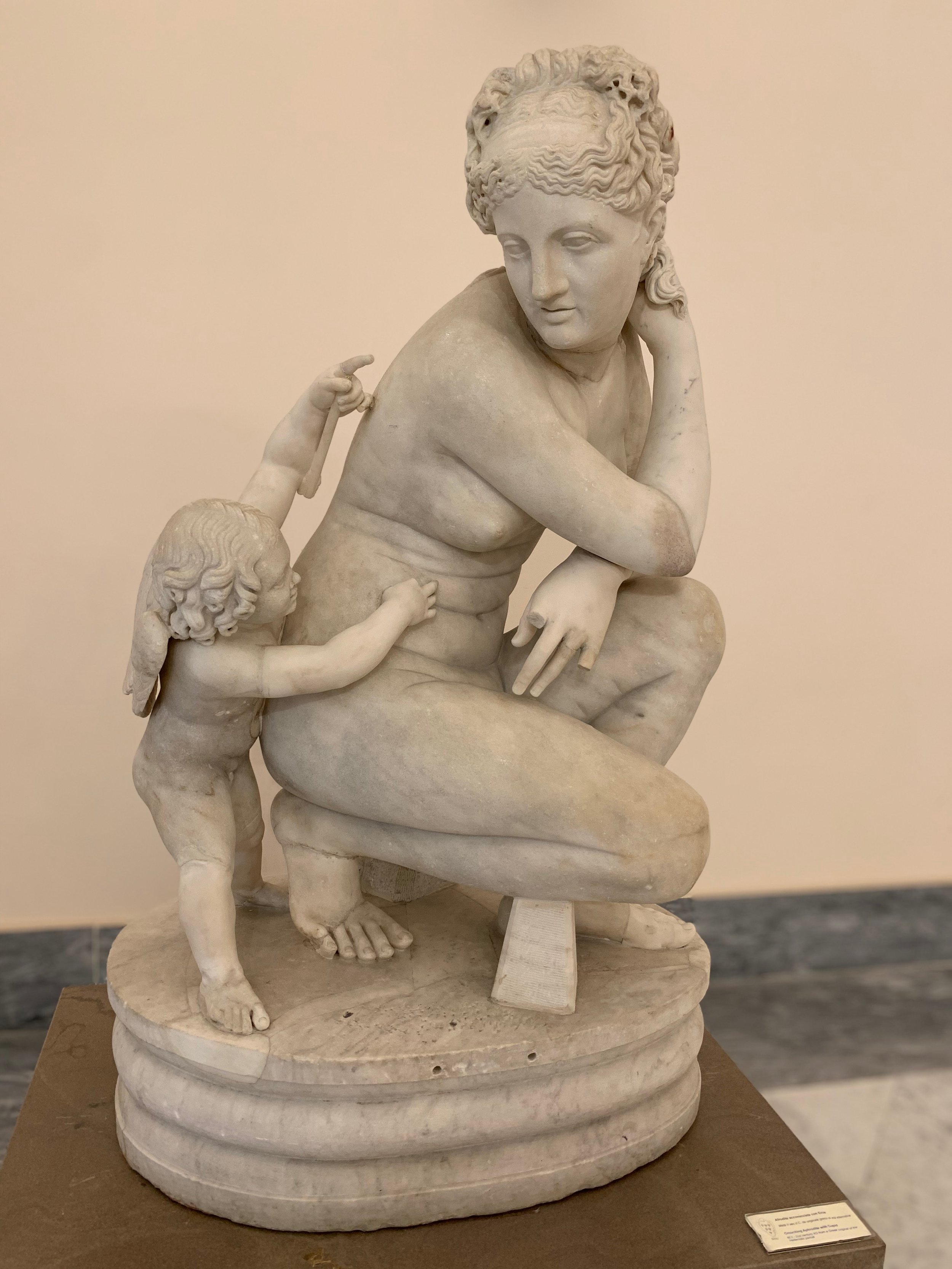How to Connect with the Greek Gods
Myths and Misinformation
Detail from a funerary vessel. 360–340 BCE; found in Altamura, Italy, in 1847, terracotta. Red-figure volute krater attributed to the Circle of the Lycurgus Painter. National Archaeological Museum of Naples.
The Greek Gods, Mythology & Ancient Greek Religion
Worshipping the Greek gods seems to be everywhere in online spaces today, in both short-form and long-form content, with everything from TikTok, Instagram, to podcast episodes. But with all of the information being talked about and readily available at the press of a button, a significant question for many people comes up time and time again. How do I have a relationship with the Greek Gods/Goddesses?
Sifting through it all is nothing short of a Sisyphean task itself, so Styx and Bones are here to tackle a few pieces of misinformation that have permeated these spaces. Why? Because at the end of the day, this is an ancient religion, an ancient practice, meaning you cannot pick and choose aspects to fit a narrative, as that discounts the culture and history of these ancient peoples.
Offerings
Terracotta pomegranate, 5th—4th c BCE, Greece. Image courtesy of the Metropolitan Museum in New York.
Offerings seem to be a major topic or component today, and the question we see repeatedly is, "Do I need to leave an offering?”
A great question! To begin, you can ask why you may need one. Is it in thanks, in honor, or anything else like a votive? Or is it more of a formal nature? Both can be done, but the WHY is just as important. The number of times is also dependent on the person. So someone in 300 BCE may leave a few public offerings to their god, monthly to Hekate if they practiced deipnon, and twice a year if they went to Eleusis, that’s IF they went. But Eleusis was a mystery cult, and not everyone was initiated.
More often than not today, large or grandiose offerings can make you feel like you need to have those. If you want, that’s all fine and good, but historically, you don’t.
Sure, we have evidence of those leaving temples and statues in thanks, but not everyone had the means. We have references from ancient authors (i.e., Ovid), who denote that many would leave what they could, even if that were a little food. So, you could leave a whole spread out today as an offering, but at the end of the day, that doesn’t mean they are more inclined to answer. The bigger the offering, the faster the response to a petition or something similar. Those who gave a few grain seeds were viewed equally to those who gave a temple. Bigger is not better in the realm of ancient Greek Religion.
Altars
Altars in the ancient world were vastly different than how we view them today. For starters, they were outside 99.9% of the time, and the other 0.01% were placed inside for a reason.
Remember that everything in the ancient world, even outside of religion and religious practices, served a purpose and had a reason behind it. Everything was ritualized.
Now, would people have had altars in their homes? Sure. We do have evidence of domestic cult practices, and from Rome, we have great examples of household shrines (lararia) preserved from sites like Pompeii or Herculaneum! With household altars, we also see variation as we saw with offerings. You could have a simple painted altar on a wall with a small niche to leave offerings, or even a full-blown miniature temple in your garden!
Offerings may have been left once a day here (e.g., Lar), but these ancient peoples would have left larger offerings, like a goat, for celebrating milestones (e.g., birth, marriage, etc.).
Relationships with the Greek Gods/ Goddesses
So, back to the question, “How do I have a relationship with the Greek Gods/Goddesses?”
Considering this is part of ancient Greek Religion, it would be through worship, veneration, and similar acts.
Of course, individual practices can have their own nuances, especially in the domestic sphere. Still, the ancient world's state-sanctioned offerings, altars, and more would have been pretty standardized (i.e., outside altars). In some cases, we know of offerings that were left, but it would depend on the god, as not everyone expected the same thing. Some may have only received libations, some a bloodless offering, and others perhaps an animal sacrifice.
You may be wondering, “But where is the relationship?” The relationship is there. The act of leaving offerings, worshipping, and more is THE relationship. There would have been a “closer connection” felt in mystery cults, but for the general population in the ancient world, while they knew their gods existed, they knew mortals and gods were not on the same level.
Ancient Greek Relgion
People have been worshipping these gods for thousands of years, with some references to a few of the Olympians that are older than that!
While that is extremely cool, we also have to remember who was worshipping them and why. They were part of a religion for the peoples of mainland Greece, the Greek islands, the Greek colonies in Italy, Türkiye, and more! These gods, whether it be Zeus, Athena, or Persephone, have historical and cultural roots in the eastern Mediterranean. To take them out of their context or not acknowledge their historical roots from Greece or even Anatolia would be erasing who they are and why they were created.
While scholars and archaeologists continue to try to piece the ancient past together, we have to understand that we do not have everything. We also must understand that we cannot simply pick and choose what to follow, include, or forget simply because it doesn’t fit our individual comprehension of the matter. We should look to the professionals, the scholars, and those with peer-reviewed sources rather than the misinformation online.
We know it’s hard, but that’s one of the reasons we created Styx and Bones!
Want More?
Check out our podcast, Styx and Bones, for more on ancient Greek religion and mythology.





